The Bird Is Freed. Or Is It?
(Part 1)
Musk just pulled the most significant acquisition in modern history.
Last week, he led the purchase of Twitter for $44 billion.
While it isn’t the biggest takeover in dollar terms, it’s one of the most important deals in terms of its political implications.
Think about it.
A supposed free speech advocate just took control of one of the most influential mediums of information on this planet – one that defined the last two elections.
As I exposed in Prebunking: The New Weapon, there’s direct, empirical evidence that the White House exploited Twitter to censor conservative views.
And doing so materially lowered Republican votes.
Via Princeton:
“Our results indicate that Twitter lowered the Republican vote share in the 2016 and 2020 presidential elections but had limited effects on Congressional elections and previous presidential elections. Evidence from survey data, primary elections, and a text analysis of millions of tweets suggests that Twitter’s relatively liberal content may have persuaded voters with moderate views to vote against Donald Trump.”
Twitter was even planning to crowdsource the progressive brainwashing using thousands of volunteers.
Did Musk go through all the hassle to prevent that? Or is there another hidden motive behind it?
The #1 lesson Equedia readers have learned over the years is that you don’t take anything at face value – especially when big money is involved.
So instead of pretending to be an oracle to spin a clickbait story, I will simply present the facts – including some the media left out.
I will warn you that after you read this letter, you may come away with more questions than answers. BUT raising these questions is crucial for us to uncover the truth as the Twitter saga unfolds over the next couple of months.
Let’s dive in.
Private Twitter, Private Debt
Let’s start with the obvious: Twitter is not a public company anymore.
After coughing up $15 billion of his own money and raising $30 billion in debt and equity financing from outside investors, Musk bought Twitter and took it private.
That carries two game-changing implications.
First, Twitter was accountable to thousands of shareholders as a public company. And pampering to their whims was crucial to keeping up its market price and, in turn, the flow of capital.
This means it had to operate with short-term profits in mind.
Second, listed companies are largely tied down by a strict governing structure. It has an obligatory board of directors that dilutes the CEO’s power. And federal securities laws oblige public companies to disclose information about their operations – some of which can be very sensitive.
Those are pretty limiting for a company that set out to shake itself up from the ground up.
But these limitations don’t apply to private companies.
As a private company, Twitter will only have a few shareholders. It doesn’t need a that can boggle down decision-making. And it won’t have to worry about making changes that might upset the market and crash the stock.
Most importantly, it can keep all of its operations behind closed doors — for better or worse.
But all these perks come with one BIG downside.
Being private means Twitter will have a more challenging time raising capital because it’s inaccessible to 99% of investors. And even if Twitter wants to subject itself to that, current market conditions isn’t exactly ripe for overvalued deal-making.
Today, Twitter holds over $4.2 billion in long-term debt. And now that Musk’s deal has gone through, it will have to bear an extra $13 billion in debt, which will be a massive burden.
By Bloomberg’s Matt Levine’s calculations, based on commitment letters from banks, the interest on that debt will range from 6% to as high as 11% – potentially translating to around $1 billion in annual interest payments.
With Twitter projected cash flows for 2022 at $1.43 billion, Twitter will have to use most of its money to service its debt.
Why would Musk have put himself in this situation?
The Vision
Now that Twitter isn’t influenced by the collective whims of the market and, by extension, the White House, Musk can do what he wants with it.
He can unban Trump and reverse all policies that effectively censored half of America.
And while free speech is the most newsworthy part of Musk’s plan, it’s just the tip of the iceberg of what Musk is up to.
As Musk explicitly suggested way before the takeover, he wants to turn Twitter into an “everything app”— an American equivalent of Tencent-controlled WeChat, otherwise known as China’s super app.
Buying Twitter is an accelerant to creating X, the everything app
— Elon Musk (@elonmusk) October 4, 2022
In his first address to Twitter employees back in June, he said:
“I think that there’s a real opportunity to create that. You basically live on WeChat in China because it’s so useful and so helpful to your daily life. And I think if we could achieve that, or even close to that with Twitter, it would be an immense success.”
So what does WeChat do exactly?
It’s an app that has consolidated all digital services in China under one app.
You can use it to chat, send money, and pay for anything from a metro ticket to fresh produce at a street market. In addition, its built-in apps can hail you a ride, book a doctor’s appointment, and do all kinds of other things.
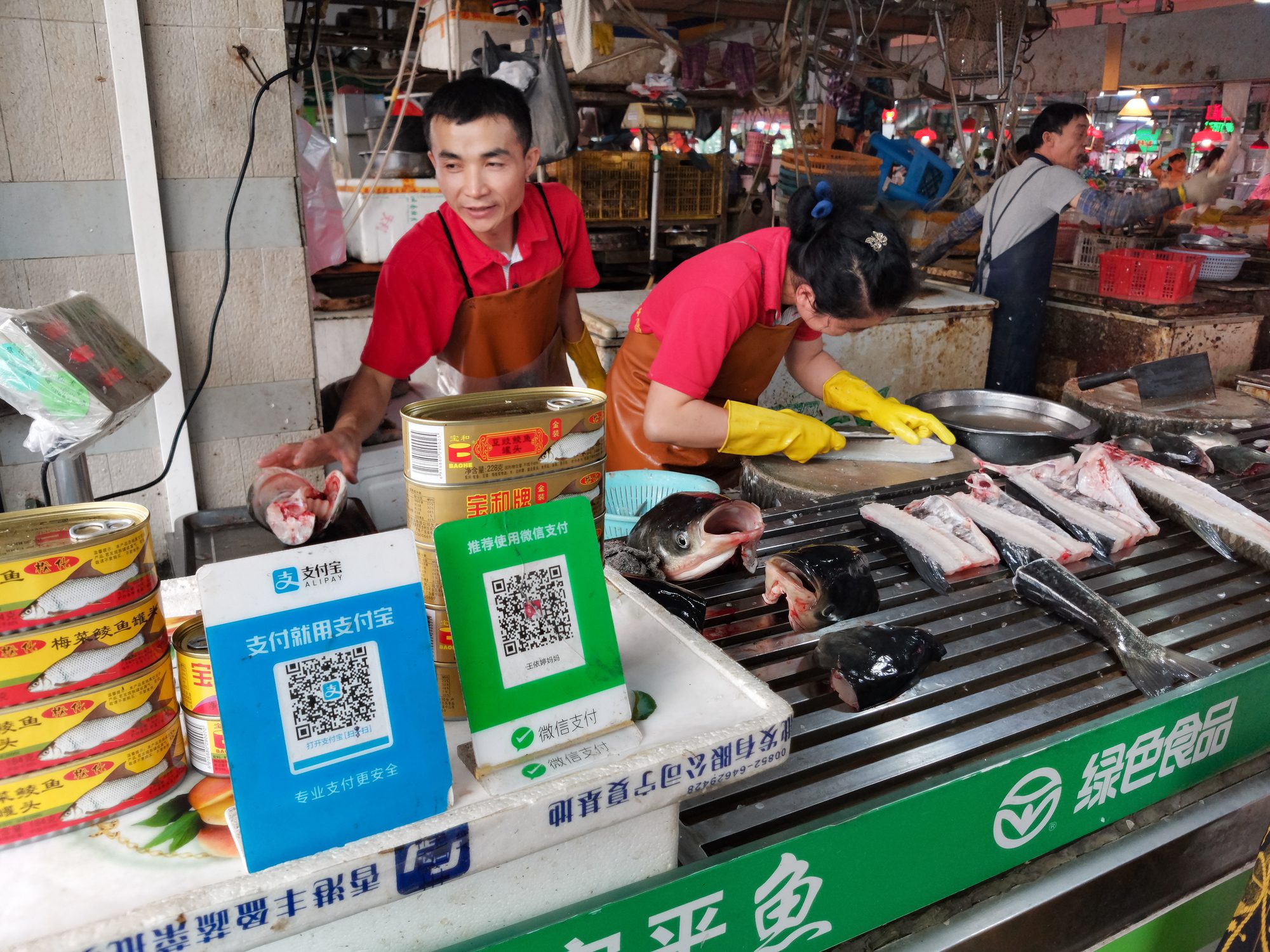
The Chinese government has even begun using it as a virtual ID to authenticate people.
Musk’s leaked pitch deck to investors only confirms that he’s taking Twitter in that direction.
The highlight of his pitch is a product called “X.”
The deck didn’t spare much detail except that it will be a paid subscription. The only other thing he disclosed is that this subscription product will generate half of Twitter’s revenue by 2028.
Could this be a subscription service to all things digital? How about a video news service or podcast that allows content creators the ability to have their own subscription model via the app?
In other words, Musk is looking to change Twitter from an ad-supported revenue model to a subscription-based one.
And with good reason.
Throughout the last few years, we have seen corporations flex their power by threatening to remove ad-spending with social networks. We saw it in 2020 with the Facebook Boycott, and we’re seeing it now again with Twitter.
You can’t have a free speech town hall platform if your very existence depends on the ad revenue from corporations who can control it.
While Musk can’t and doesn’t want to entirely phase out Big Corps from advertising, he can remove their power if their ad spend represents less of the revenue pie for the company.
As such, Musk also plans to generate at least $15 million in revenue from a payment business by the end of 2023. That means Twitter will soon introduce a payment functionality.
This restructuring, according to Musk, will quadruple Twitter’s revenue by 2028 and grow the average revenue per user by 25%.
When Elon Musk worked through this deal, he framed it as a fight for democracy and free speech. “I didn’t do it to make money,” he said of the pending acquisition. “I did it to try to help humanity, whom I love.”
And his actions make sense.
Good Strategic Revenue
If Twitter was supported by its users, it should, in theory, represent an unbiased platform.
For example, the more paid verified users there are, the less bots there will be. And the more verified users there are, the less illegal hate-filled speech will exist because you can no longer hide behind an anonymous account.
As Musk recently stated in an interview, it costs less than a penny to create a bot – making crime and hateful conduct on Twitter very cheap.
How cheap?
In other words, it takes less than $1000 to create 100,000 fake accounts. And these accounts can post month after month.
But if it costs $8/month, those same 100,000 fake users will now cost $800,000 per month – every month!
Is this “super app” model the sacrifice he had to make to monetize a “free speech” platform that wouldn’t have to rely on ads and be subjected to cancel culture?
Or did Musk cleverly use censorship as a hot-button issue to justify his monopolistic business model that will consolidate more power in his hands: from public discourse to payments?
The most sus thing is the financiers who pitched in for Musk’s Twitter takeover. Among the most significant shareholders are Chinese natives and the very Saudi Arabian Prince Alwaleed bin Talal himself.
And because the bluebird is up to its wings in debt and nowhere close to break-even, the ranks of the power elite among shareholders may grow very soon.
But we’ll talk about that next week.
To be continued…
Seek the truth and be prepared,
Carlisle Kane


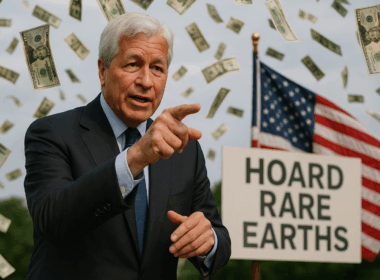
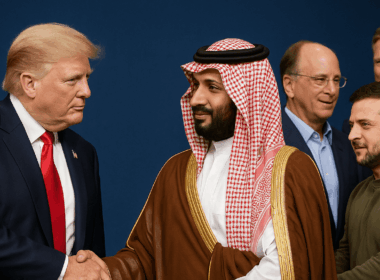


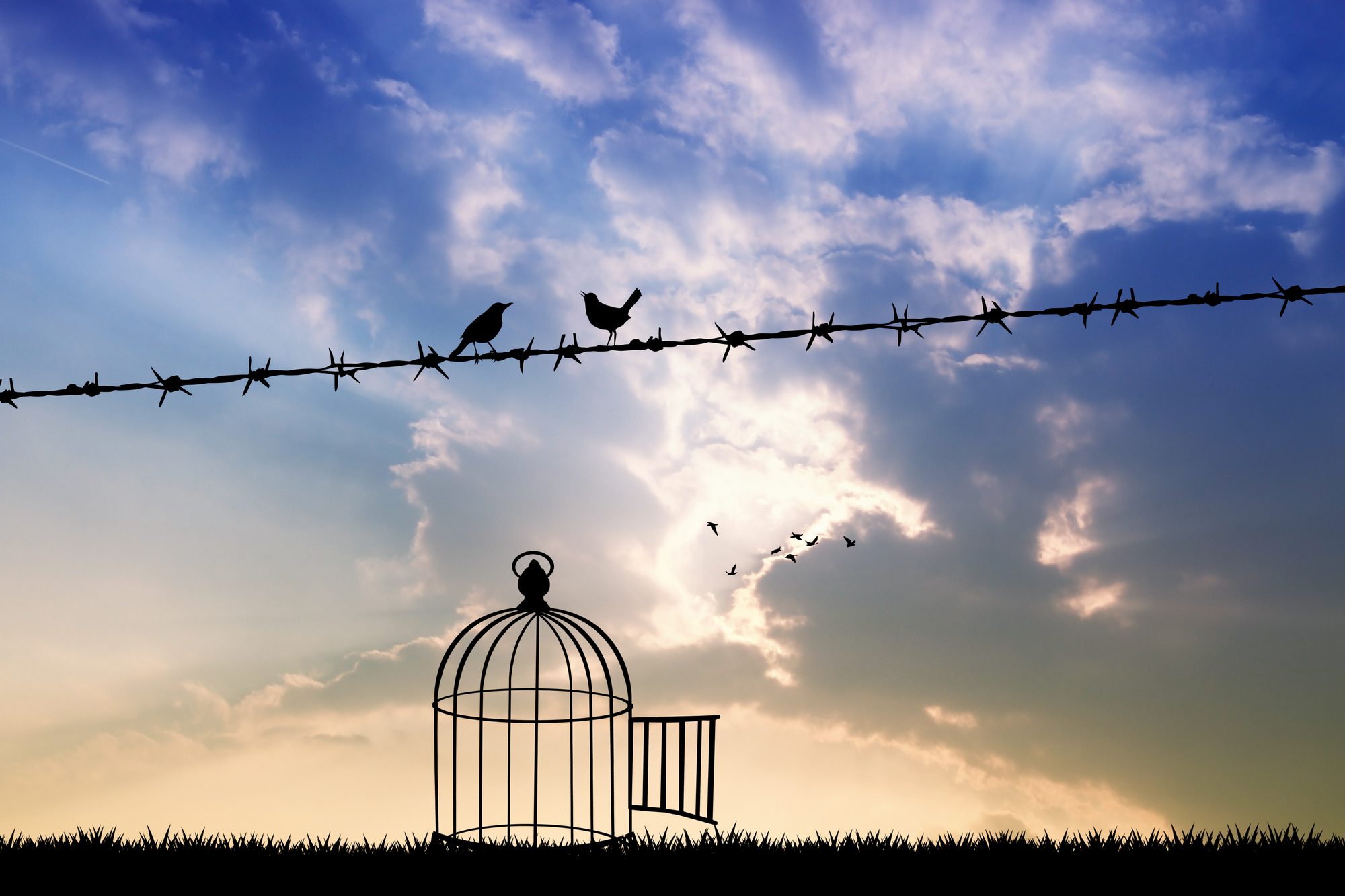
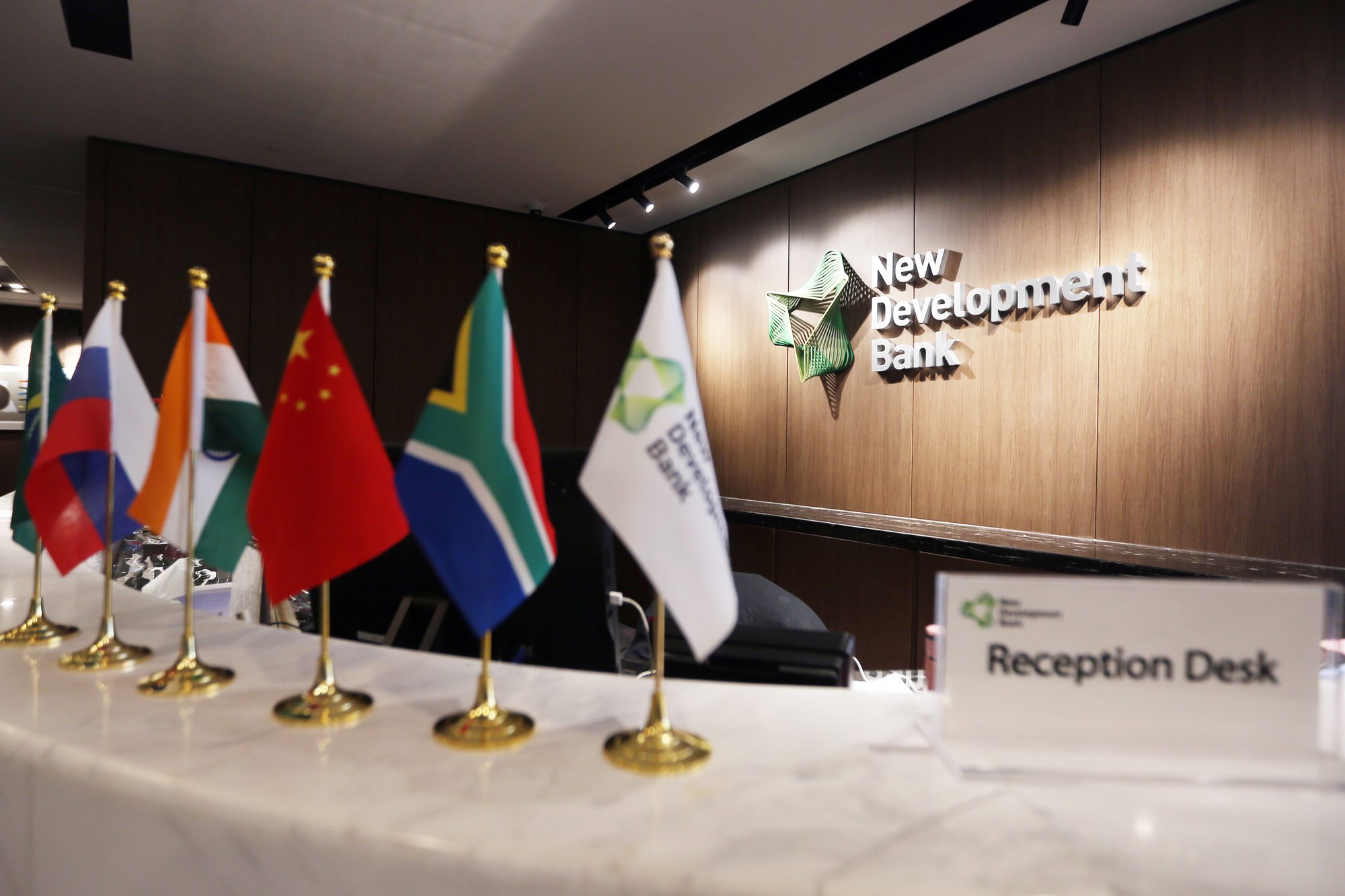
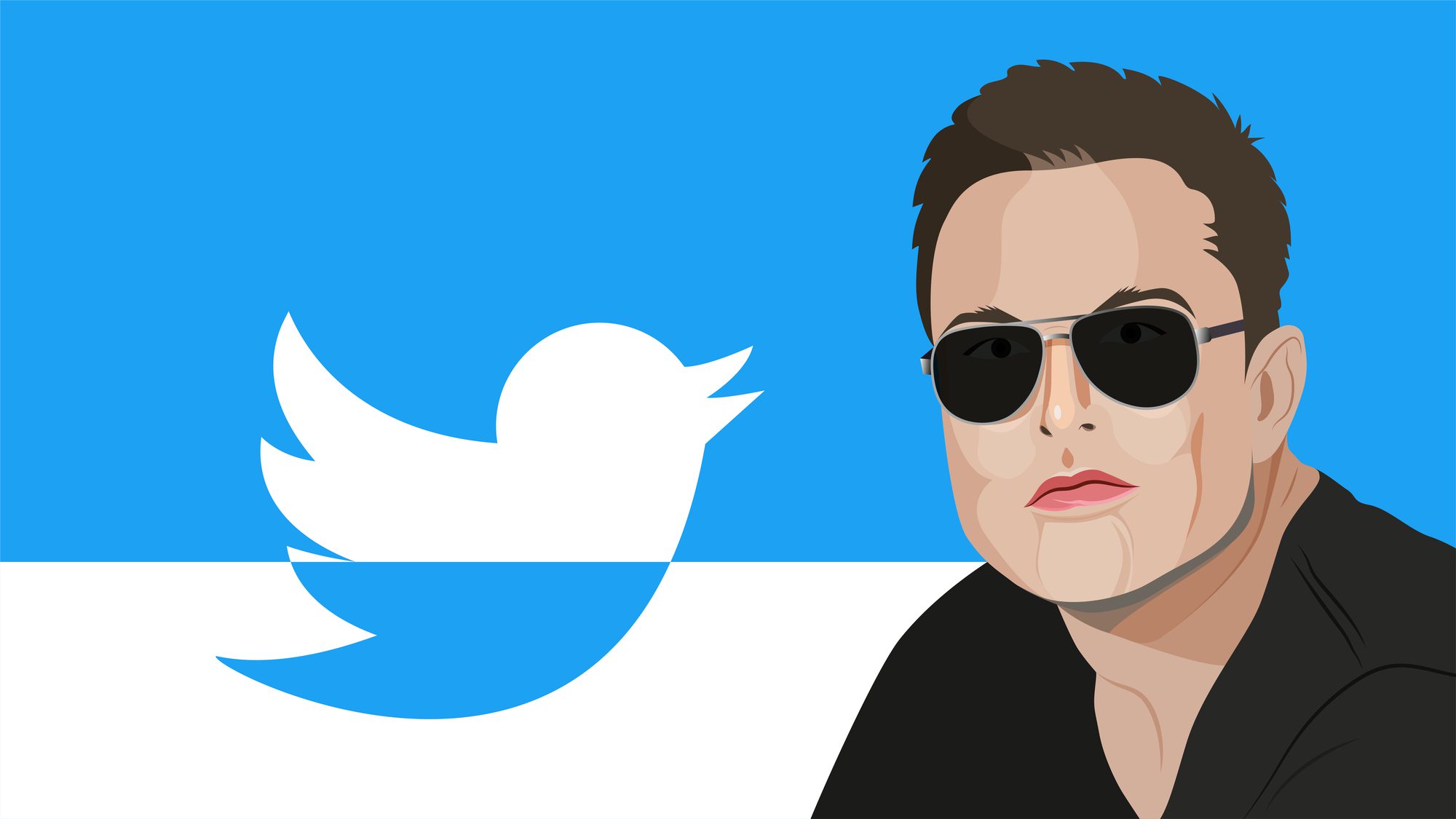
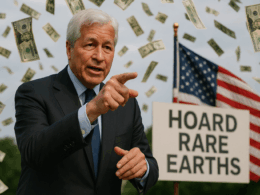
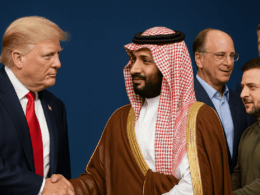


In the past 10 or 15 years of reading Equedia, I was very engrossed with Ivan Lo’s factual and insightful evaluation of the world at large and the effect on life economically, socially and financially. Even the periodic stock recommendations, though driven by client payment, was an interesting read. Now, I can pretty well see with 2 or 3 sentences what the whole article is going to be about and rarely read it.
Sorry, Equedia lost its shine for me, I see it mirrored in so many other platforms, it used to stand out, now blends in.
I want know how to be an active participant in helping Elon an Humanity….
Elon’s projections for subscriber revenue seem low. Practically every tweet seems now to come from a verified account, which means people are signing up and quickly.
If only half of Twitter’s 250m accounts signed up, that would represent $12b in annual revenue, more than double 2021’s $5b in ad revenue.
When you consider the new user focused free speech policies have already driven an increase in 30 million active user increase in only a few weeks, these estimates are likely very low. When Twitter hits half a billion daily active users, only companies with very foolish management will still be avoiding the platform for ad revenue.
Twitter will be Elon Musk crowning mistake. Every great investor knows they don’t invest in something they don’t understand. Being pushed into spending $54 Billion for something Elon Musk tried to pull a Walmart on didn’t work. Lucky for him he raised billions from some short-term friends. First day at work filed Twitter Bankruptcy. Now Elon is being investigated for his salary $54 billion US$ from Tesla.
Maybe Elon Musk problems have just started. The big winners will be the lawyers. And lucky shareholders who got bot out before the Collapse.